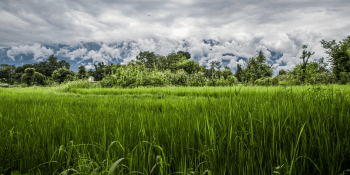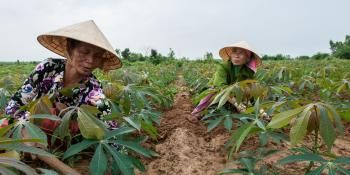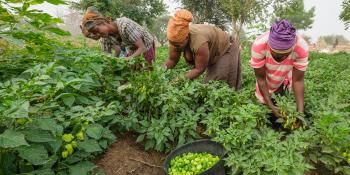Investing in climate-smart agriculture: Identifying priorities for Vietnam
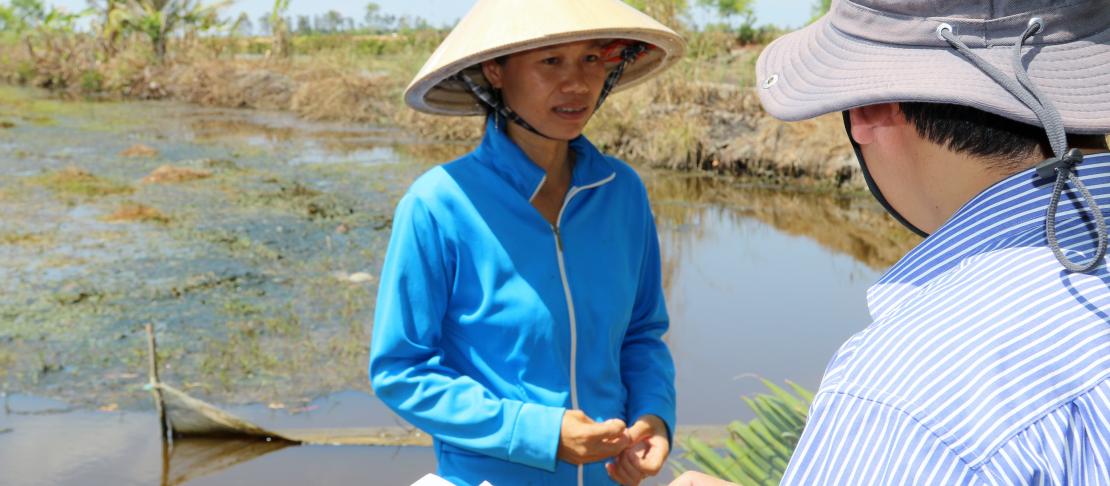
Climate-smart agriculture benefits countries largely dependent on rural activities. Prioritization tools can help to systematically analyze the 'best-bet' practices for investment.
Many Asian nations still depend on agriculture for a substantial part of their countries’ outputs, Vietnam included. In 2015, agriculture contributed 20% to Vietnam’s gross domestic product and provided livelihoods to around 70% of the population. However, climate change may negatively affect agricultural production, as evidenced in the recent El Niño Southern Oscillation phenomenon. Because of this, Vietnamese farmers have had to deal with the effects of severe drought and salinity intrusion.
A triple-win solution, climate-smart agriculture (CSA) can improve food security, enhance resilience and mitigate climate change. Many practices from a wide range of sectors, such as forestry, crop production, policy, energy, value chains and others, can be considered CSA; however, a specific practice does not necessarily have to equally address food security, resilience and mitigation.
During a workshop for scaling up CSA in Vietnam, Dr Godefroy Grosjean of the International Center for Tropical Agriculture (CIAT) noted, “Many practices, programs and policies can be CSA somewhere, but none are likely CSA everywhere.” There is really no “one-size-fits-all” solution to the different climate change issues. With all the different practices, programs and policies available, policymakers need to identify which CSA practices would be best implemented in their areas.
Dr Leocadio Sebastian, regional program leader for the CGIAR Research Program on Climate Change, Agriculture and Food Security (CCAFS) in Southeast Asia, further explained that identifying which CSA practices should be supported for upscaling is an investment question.
A systematic approach for identifying the appropriate practices to be implemented in different areas should, therefore, be used. According to Dr Sebastian, well-documented evidence (and not merely anecdotes) is needed to avoid arbitrary upscaling, which oftentimes results in the waste of resources.
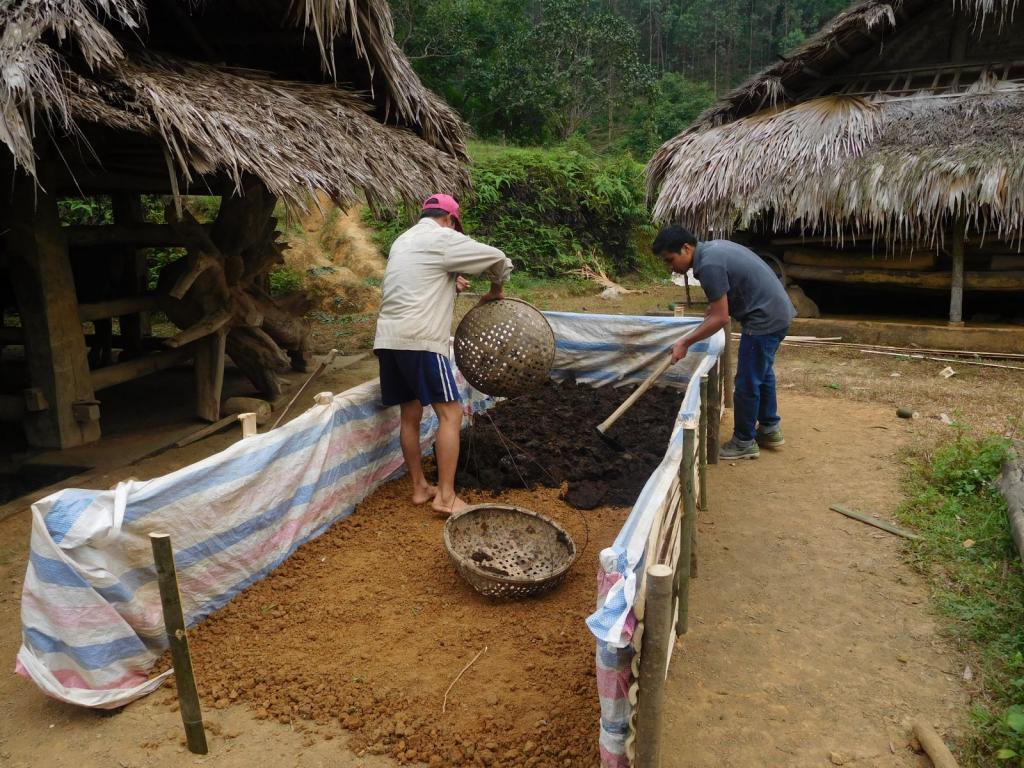
Setting up a vermiculture model in the Ma Climate-Smart Village in northern Vietnam. CSA practices, such as vermiculture and waste management, help address food security, climate change adaptation and mitigation. Photo: Pham Nhu Trang/CIAT
Which are the best practices for which areas?
CCAFS, in collaboration with CIAT, Vietnam’s Institute for Agricultural Environment (IAE) and Institute of Policy and Strategy for Agriculture and Rural Development (IPSARD), has piloted a CSA prioritization framework in Vietnam. In this participatory framework, researchers and stakeholders in the Red River Delta, South Central Coast and the Mekong River Delta regions identified and ranked CSA practices to be prioritized in the country.
From a long list of CSA practices gathered from literature review, surveys and meetings with experts, researchers from IAE then screened and shortlisted 13 practices through stakeholder analysis, key informant interviews, further literature review and field surveys. IPSARD then analysed the costs and benefits of implementing the chosen CSA practices.
Dr Tran Dai Nghia of IPSARD reported during the workshop, “There are existing conflicts and trade-offs between environmental protection, climate change adaptation and mitigation and improvement of livelihoods and incomes. However, most of the CSA options assessed are more profitable as compared to traditional practices… To put CSA in practice in Vietnam, a clear roadmap is needed.”
As stated before, a workshop for scaling up CSA was held 27 July 2016 in Hanoi, Vietnam to introduce the CSA prioritization framework to the government officials, especially those from the Ministry of Agriculture and Rural Development (MARD). It was emphasized during the workshop that the framework could be used as a tool for prioritizing scalable CSA.
“The CSA prioritization framework is a very open methodology, which could be adapted to different needs and contexts,” said Dr Grosjean. He gave examples from Guatemala, Mali and Colombia, which are also piloting the framework in addressing climate change issues in agriculture.
The prioritization tool could help the government identify which practices could be recommended to organizations willing to support and upscale CSA in Vietnam. Dr Sebastian noted, “Vietnam is fortunate to have many international organizations working in the country. These organizations can be tapped to support their climate change initiatives.”
It is hoped that the Vietnam government would integrate this framework in their approach to agriculture and rural development.
Read more:
- The ‘CSA basket’ for farmers in Vietnam
- New guidance for climate-smart agriculture in Southeast Asia
- Research centers respond to drought and salinity intrusion in Vietnam
Amy Cruz is the junior communications specialist for the World Agroforestry Centre Philippines. She is also a communication consultant with the CCAFS SEA program.

